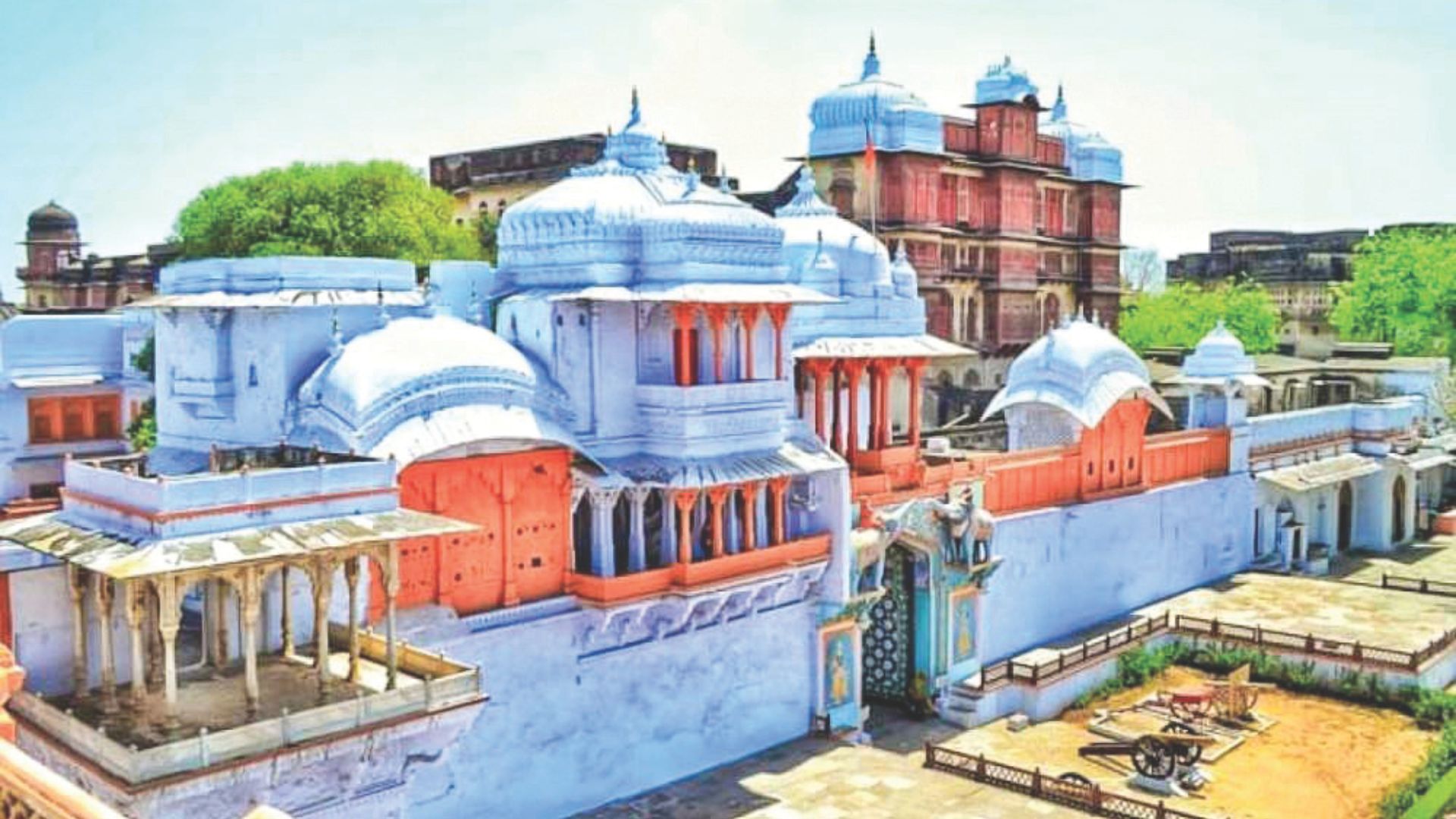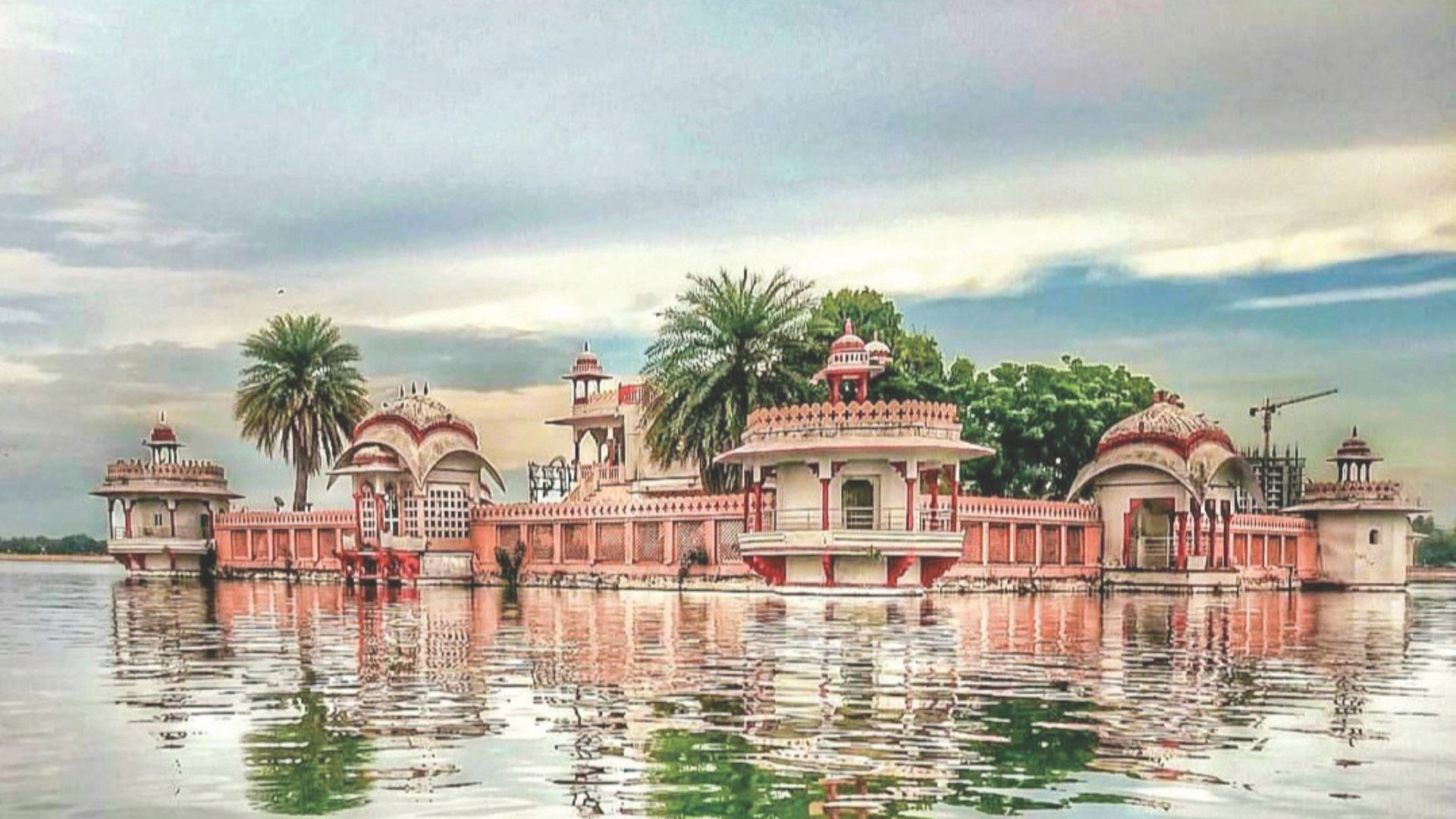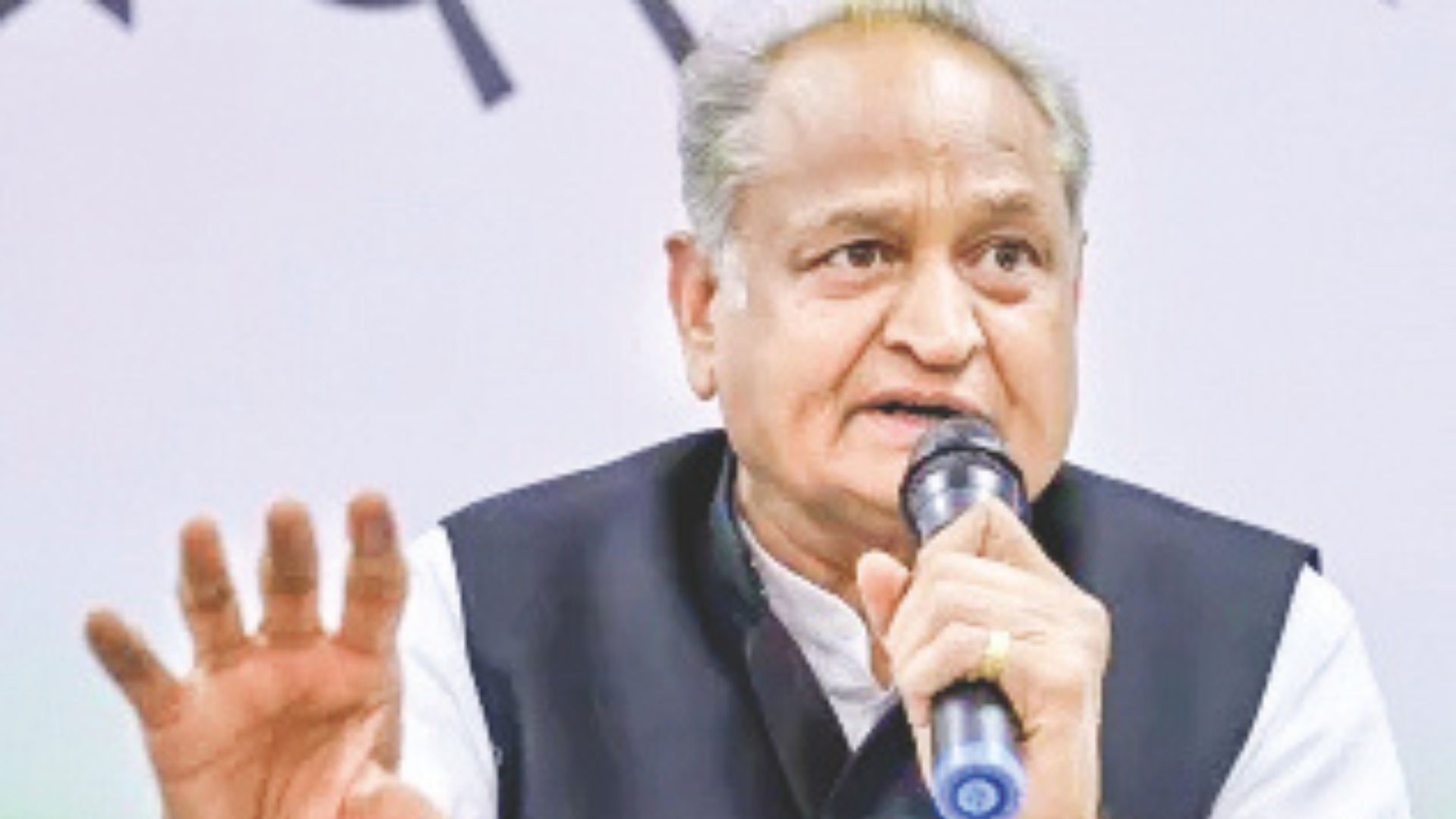
A recent analysis conducted by the Association for Democratic Reforms (ADR) has shed light on the lack of financial transparency in the funding of regional political parties in India. The study examined the audit reports and donation statements filed with the Election Commission of India (ECI) for the fiscal year 2021-22, revealing significant unknown sources of income for these parties. According to the ADR analysis, political parties in India are not required to disclose the identities of individuals or organizations contributing less than Rs. 20,000. As a result, a substantial amount of funds cannot be traced and are categorized as ‘unknown’ sources. This lack of transparency raises concerns about the accountability and integrity of the political process. Out of the 54 recognized regional parties initially considered for the analysis, only 28 parties submitted both their Annual Audit and Contribution reports to the ECI. Shockingly, the remaining 14 parties failed to submit one of the required reports, while none of the reports from 12 parties were available on the ECI website during the preparation of the analysis. The analysis of the submitted reports revealed that known sources of income, which include donations above and below Rs. 20,000 with donor details available, accounted for only 12.476% of the total income of regional parties. In contrast, income from unknown sources, declared in the audit reports without specifying the sources, amounted to a staggering 76.147% of the total income. The ADR report revealed that a significant portion of the unknown sources
in political party funding, totaling Rs. 887.551 crore, was attributed to Electoral Bonds. Out of this amount, 93.26% or Rs. 827.76 crore came from Electoral Bonds. Income from the sale of coupons accounted for 4.32% (Rs. 38.354 crore), while voluntary contributions below Rs. 20,000 constituted 2.40% (Rs. 21.293 crore) of the income from unknown
sources. Among the regional parties, the analysis revealed that DMK, BJD, TRS, YSRCongress, and JDU declared the highest income from unknown sources. DMK topped the list with an income of Rs. 306.025 crore, followed closely by BJD with Rs. 291.096 crore. The ADR report emphasized the need for greater transparency in political party funding. It recommended that full details of all donors should be made available for public scrutiny under the Right to Information (RTI) Act, following the example of several other countries. The report also called for stricter regulations, suggesting that organizations receiving foreign funding should be barred from supporting or campaigning for any candidate or political party. Additionally, the ADR proposed that political parties disclose the mode of payment for all donations, as well as income from the sale of coupons,membership fees, and other sources, in the schedules of their audit reports. It further recommended that an annual scrutiny of financial documents submitted by political parties be conducted by a body approved by the Comptroller and Auditor General (CAG) and the Election Commission of India (ECI) to enhance transparency and accountability. The ADR’s findings underscore the importance of financial transparency in political party funding to strengthen democratic processes and ensure the integrity of elections in India.















